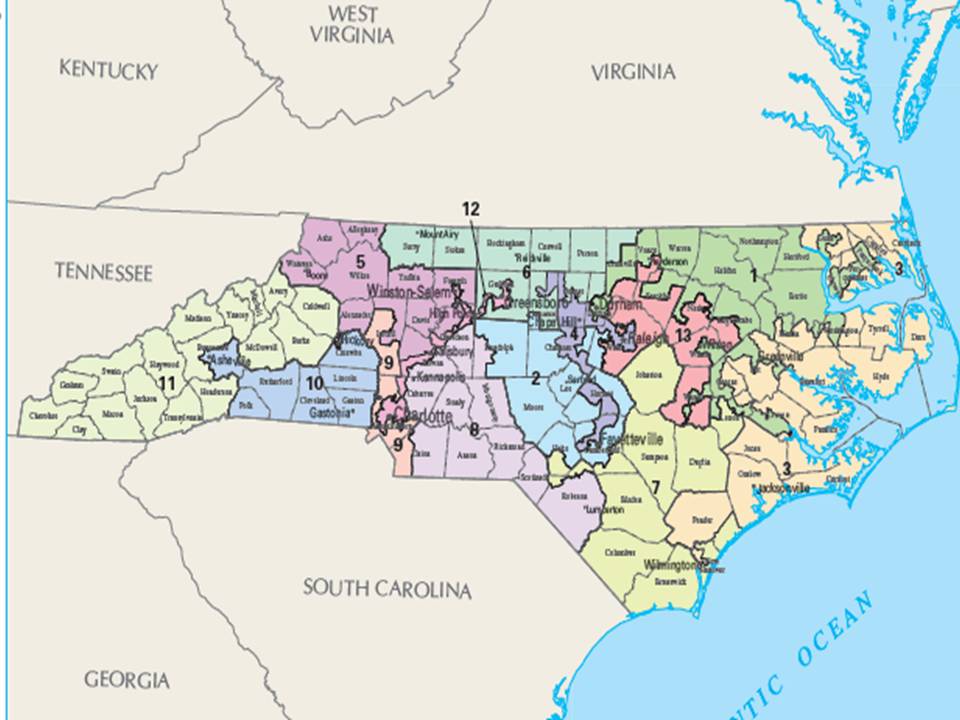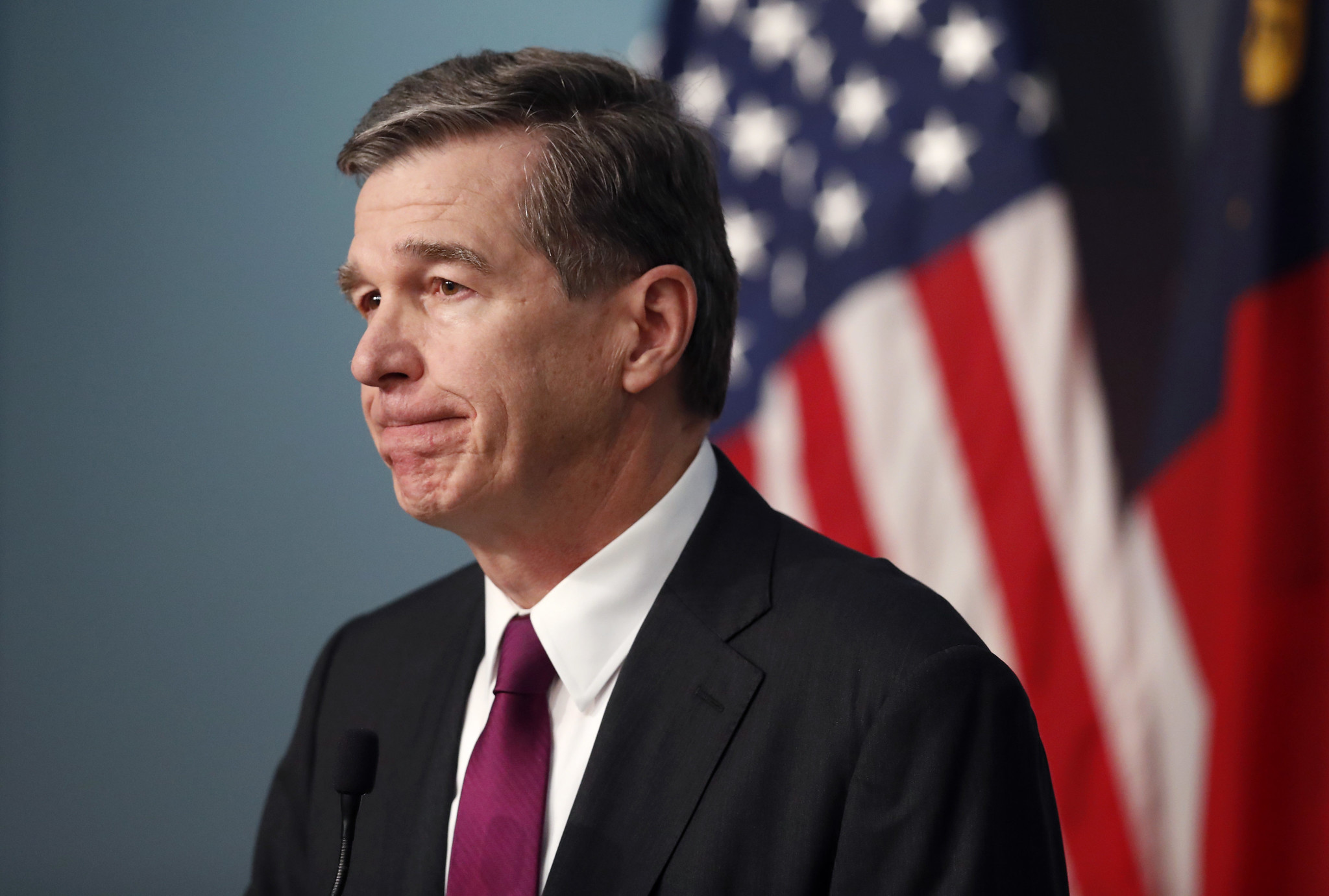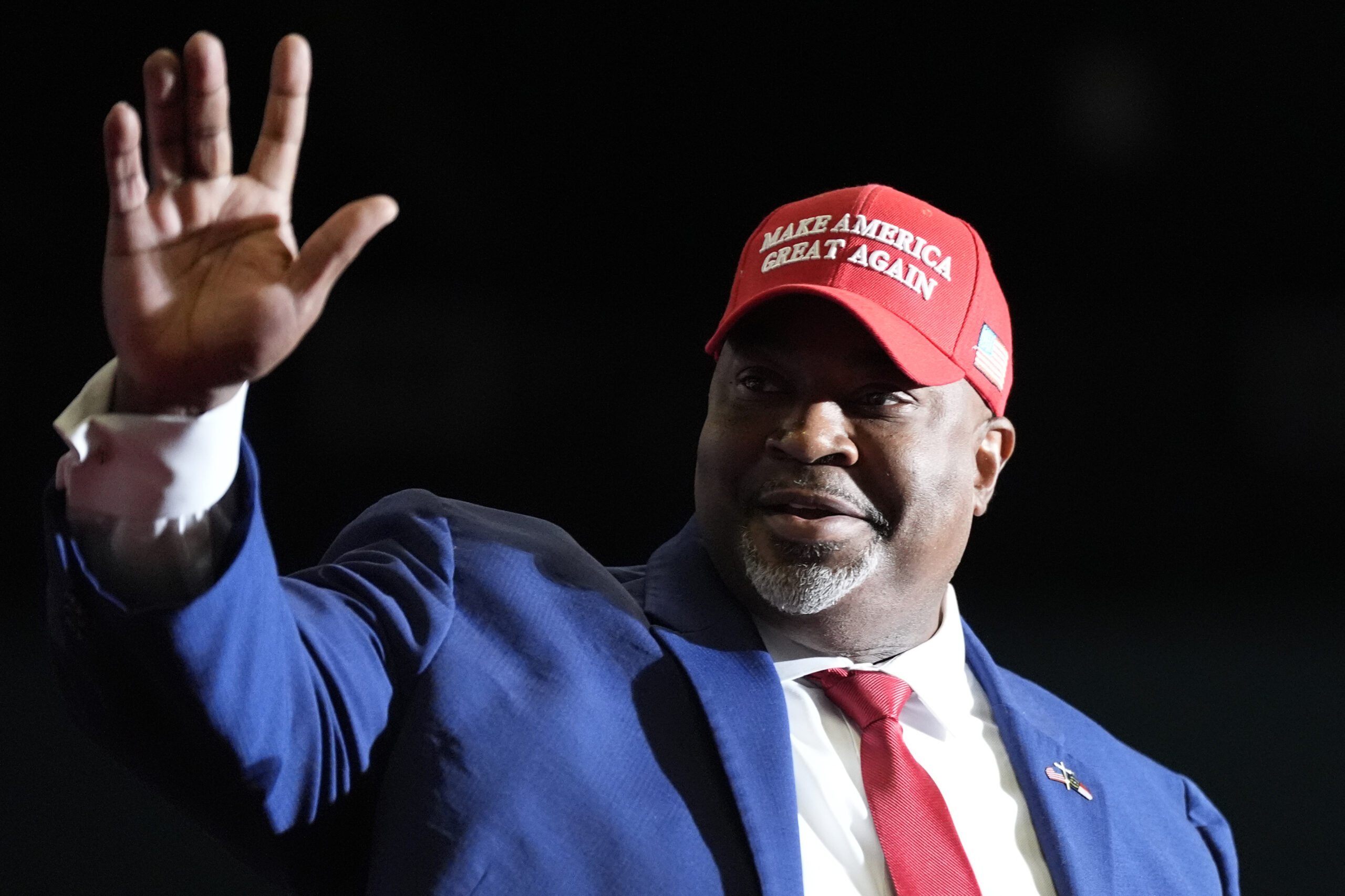The Occupy movement may not have a leader or a unified goal or even a single message but it sure does have staying power. It’s been about three months since it first entered our lexicon and, for me, it has come to symbolize a sense of unfairness.
State Senator Ellie Kinnaird captured that sense in one of her recent newsletters. She shared that she wrote to the CEO of Wells Fargo after he was heckled during a North Carolina speech that “the protesters have a valid message and that he could take an important step by reducing his $18.9 million compensation to no more than 100 times his lowest paid worker.”
We needn’t single out Wells Fargo here; executive compensation rarely seems reasonable these days. But I am a good capitalist and it is the opposite of a free market to cap someone’s salary. If that’s what the market will bear, then why not? But when two commas show up in the salary of someone leading a financial institution, it seems triply unfair because the tax dollars of everyone bailed out several of these enterprises and it seems that many of those played a role in causing the severe economic distress surrounding us now.
I was what is now called a tween when I first heard the following quotation: “The right to swing my fist ends where the other man’s nose begins.” I’ve spent years attributing it to Thomas Paine (perhaps because it makes such Common Sense!) but it belongs to former U.S. Supreme Court Justice Oliver Wendell Holmes, Jr. I’ve always thought it was sort of an American go-getter-ized version of the golden rule: instead of Do Unto Others…, I take Holmes to mean do what you want but stop before it hurts someone. Translated for this discussion of income inequality: Make yourself and your company as profitable as possible but don’t disenfranchise others along the way. Make millions if you can but not at the expense of people losing their jobs and homes.
Now that seems fair, doesn’t it? Capitalism survives with its profit motive intact and the 99% have a fair shot at a decent life and, possibly, some success of their own.
Okay, I hear you all applauding wildly that I’ve solved one of the major issues of our time. What? I didn’t actually solve anything? Hmmm. Let me dig back in.
Goals: Encourage Success, Treat Others Fairly and, for good measure, let’s add that the costs of a free society not fall disproportionately on some.
Sadly (or pragmatically), we must acknowledge that not everyone will play by these rules. How can we make them? Laws. Sometimes called Regulation. With a side order of Enforcement. Consumer Protection Legislation is what many would call it. It doesn’t force an anti-capitalist limit on salaries nor success; Instead, it would provide the framework for a level playing field.
As for sharing the costs of a free society? That means everyone pays taxes. And if you’re part of the 1%, wouldn’t it be worth it to pay a little bit more toward a revitalized and flourishing society? Imagine one bubbling with growth and opportunity and imagine that you could help make that happen! That’s what I would call some Savvy Spending!
Have some better ideas? Leave them below or write to me at Donnabeth@Chapelboro.com





Comments on Chapelboro are moderated according to our Community Guidelines